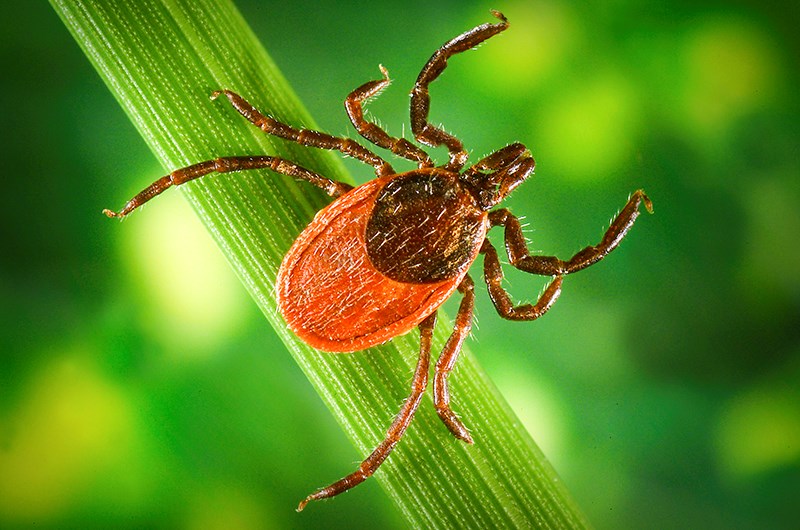Lambton Public Health is no longer accepting ticks from the public for Lyme disease testing.
“A lot of it has to do with COVID and our facility being not accessible (for drop-offs),” said Lori Lucas, Lambton’s supervisor of health protection.
Ticks live in wooded areas and fields and attach themselves to a person or animal that brushes against plants, bushes or tall grass.
All ticks are active again including dog ticks, the most common in Sarnia-Lambton. Once attached, ticks feed on blood and most people never feel the bite.
Lyme disease is spread by the blacklegged tick, a tiny bug about the size of a sesame seed.
The county is continuing to monitor for Lyme by checking for blacklegged ticks in local green spaces, Lucas said.
If you find a tick on yourself, safely remove it and submit a photo to www.eTick.ca for tick identification, the health unit said
For more visit www.ontario.ca/page/lyme-disease
